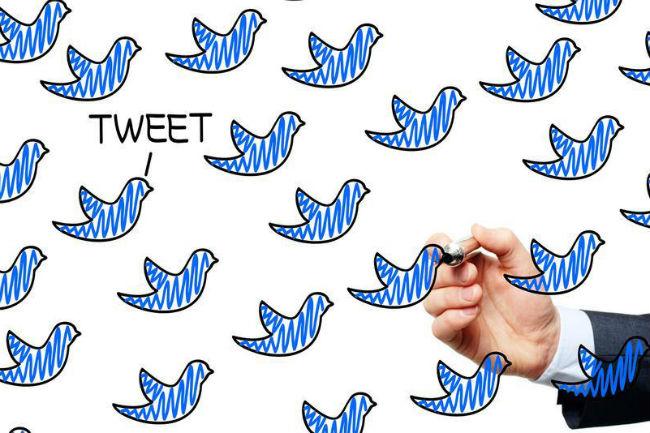
Look back to some of your first tweets, if you dare. If you’ve been at it for long enough, what you find could be relatively embarrassing, adorably juvenile, or maybe you were just as adept a Twitter user back then. Whatever you find, scrolling backward through your tweets can reveal a little bit of your history.
Or, as with most things, an algorithm can do it for you. Researchers Jiwei Li of Carnegie Mellon University and Claire Cardie of Cornell University have developed a new technique that can read your tweets and accurately create your life history from the masses of 140 characters. The algorithm can tell your story chronologically as well, and does this all without knowing anything else about you – just whatever you’ve sent into the Twitter ether.
“By analyzing individual tweet collection[s], we find that what are suitable for inclusion in the personal timeline should be tweets talking about personal (as oppos[ed] to public) and time-specific (time general) topics.”
Li and Cardie did this by creating something called the Dirichlet Process mixture model, which was able to collate tweets into four categories: Personal time-specific; personal time-general; public time-specific; and public time-general.
The research also differentiates between ordinary Twitter users and celebrities – one of the lucky latter used for the study was NBA star Dwight Howard. Using the Dirichlet Process, Li and Cardie were able to come up with this timeline.

They also compared how an ordinary Twitter user and Lebron James’ life timelines compared, showing what topics they were most focused on during a set period of time.

And these were the exact tweets analyzed to come up with James’ timeline.

Basically, what the algorithm can do is tell the difference between your tweets reporting something happening to your in your life – you got engaged; you moved to Germany; you landed a new job – to those just broadcasting more general news or public events – it’s a hot summer; the Super Bowl; the presidential election.
The study concludes that while this model can be applied to any user’s account, it requires that there are enough tweets to feed it as well as enough followers so that there’s enough interaction to help generate results. What can also skew the algorithm? “… Users that maintain a low profile and seldom tweet about what happened to them.” In that case, the model won’t work.
So if you spew a random mess of commentary or focus most of your activity on retweeting, then your timeline won’t reflect a personal history. And maybe that’s how you like it. Otherwise, just know that the seemingly inconsequential noise of your 140 characters and their momentary time on the feed can still be combined to reveal an awful lot about your life story.
Editors' Recommendations
- Elon Musk reportedly tweaked algorithm to boost his tweets
- Edited tweets may be coming to your Twitter timeline soon
- How to download an archive of your tweets
- A huge number of tweets denying climate change came from bots, study finds
- Twitter may let you select who can reply to your tweets
